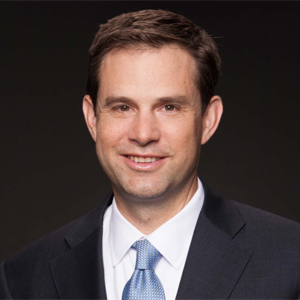… but the average advisor struggles in manager selection
Among financial planners, at least, on average there appears little value in trying to enhance their clients’ portfolio returns through manager selection, new research by Research Affiliates shows.
While the big asset consulting firms will dispute this from their own experience – and with some evidence to back it up – the ‘retail’ market results are more scattered and much less convincing.
A report published last week by Research Affiliates in the US says that the problem is that retail investors, in particular, tend to chase historical returns of managers. The academic literature, the report says, shows that manager selection fails to produce positive excess returns, on average. But a diligent researcher can shrink what is otherwise a large amount of negative alpha due to clients chasing past performance.
The researchers – John West and Trevor Schuesler – say that, from looking at the available data, they believe that asset consultants and other advisors are able to “slow down” the returns-chasing behaviour of their investor clients.
“Given the sizeable literature showing the return gap between investors’ returns and their funds’ returns, perhaps a more constructive goal of manager selection is to ‘do no harm’ when replacing poor performers. Perhaps a worthwhile “win” from manager selection is zero alpha!” the report says.
“Seeking positive alpha is hard from two perspectives. It’s hard for fund managers to beat passive benchmarks, and as we’ve demonstrated, it’s hard for fund selectors to pick the winning fund managers of the future. The task of manager-selection alpha becomes especially daunting when working with individual investors. Advisors who feel pressured to please returns-chasing clients start at an inherent disadvantage when their mandate is to replace recent bottom-quartile funds with recent top-quartile funds.
“Today, manager selection is the top service advisors market to clients, and the process required to provide the service claims a meaningful amount of a firm’s resources. The determination of whether manager selection falls into the category of a low-impact/high-effort thankless task comes down to expectations. If the expectation is to reduce negative alpha or minimize regret risk, manager selection will likely have a positive impact, perhaps even enough to justify the resources commensurate with the task’s difficulty. If the expectation is to produce positive alpha, financial advisors and their clients are likely to be disappointed.”
Research Affiliates, in some circles seen as the “inventors” of smart beta through their ground-breaking RAFI “Fundamental Index”, point out that, fortunately, there’s no shortage of investment activities to which advisors can dedicate their time in reliably producing better client outcomes. Some of those are: setting realistic return expectations, vetting risk and the distribution of potential returns along multiple dimensions, and building (and sticking to) diversified portfolios.










